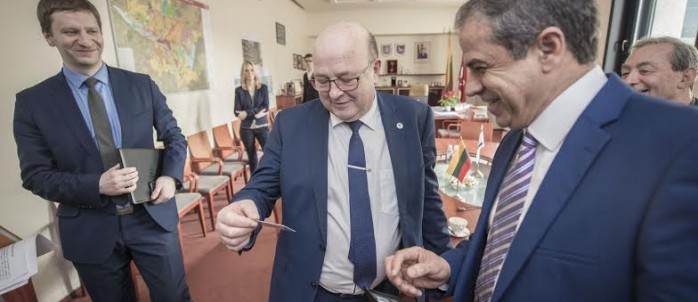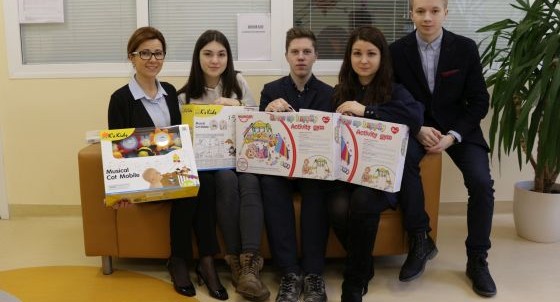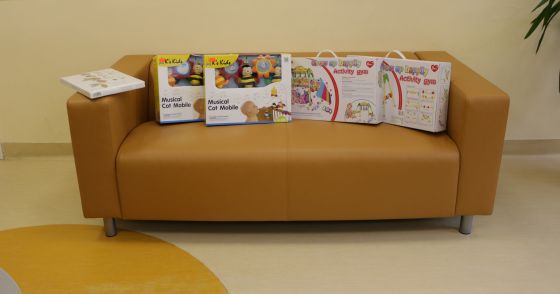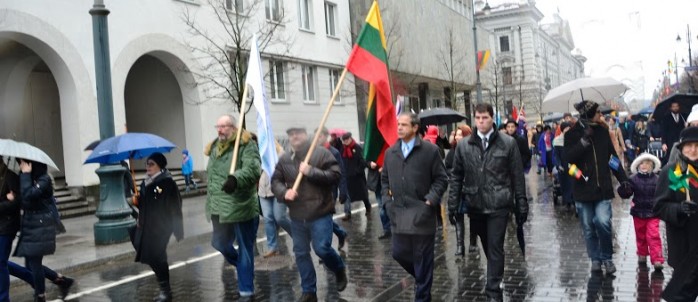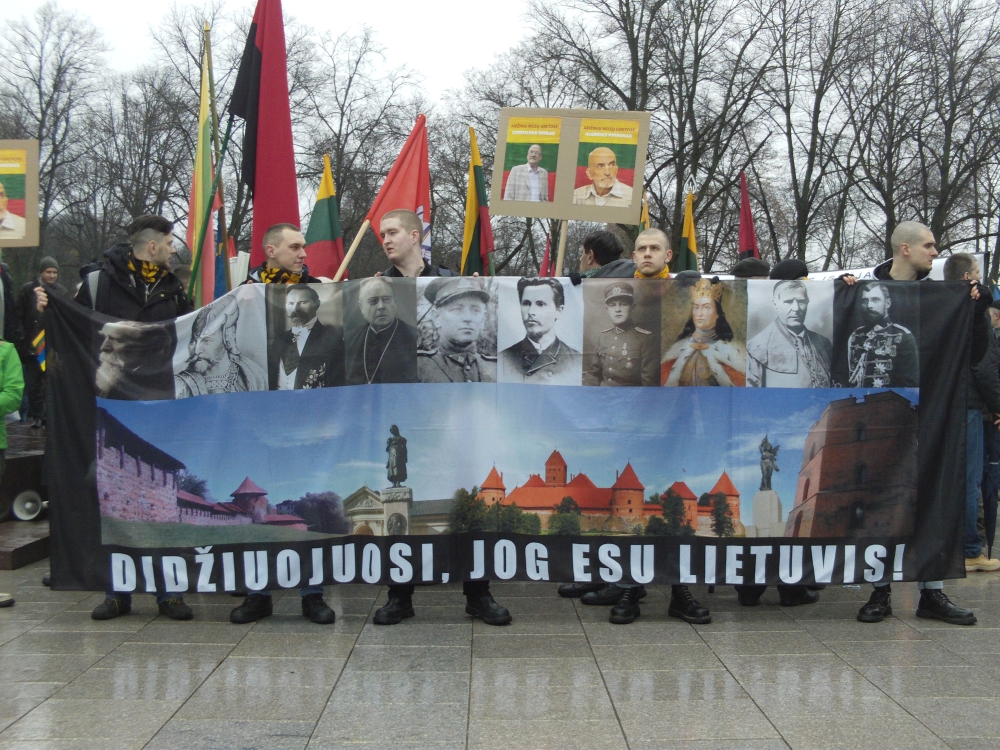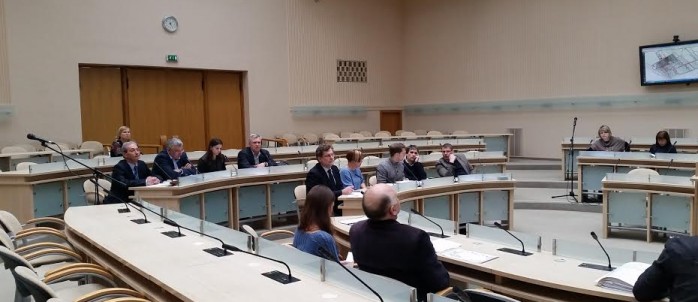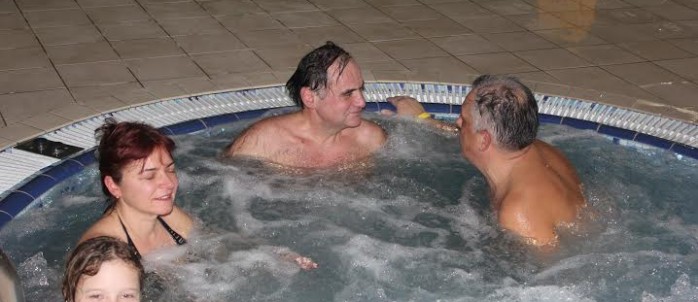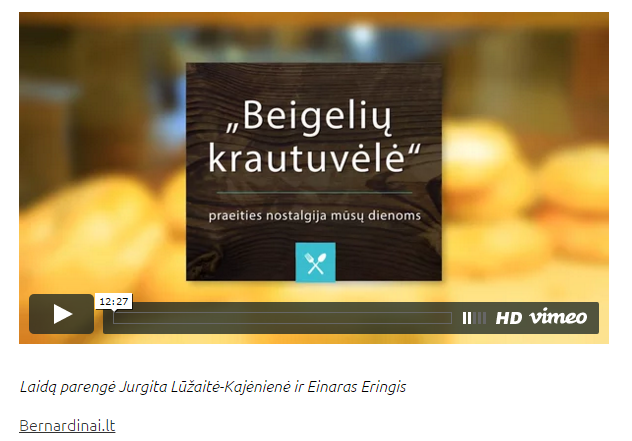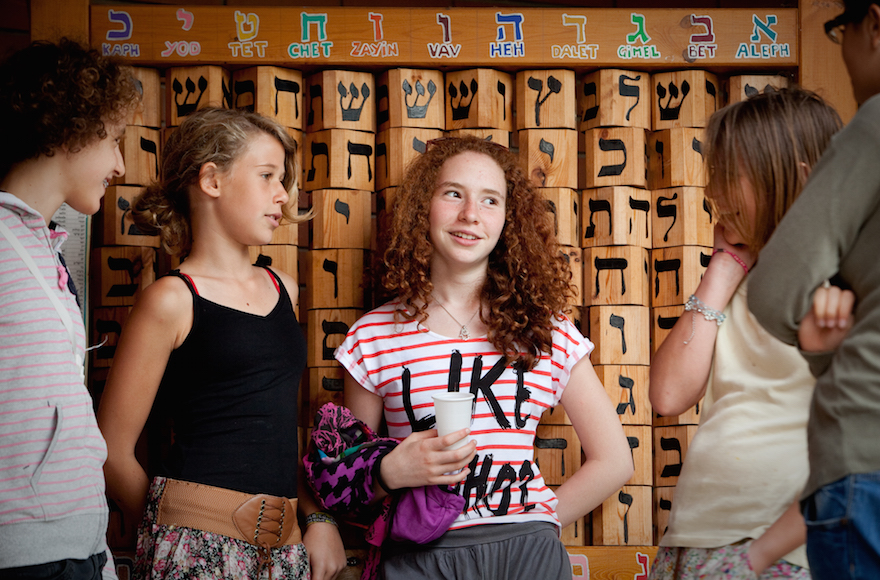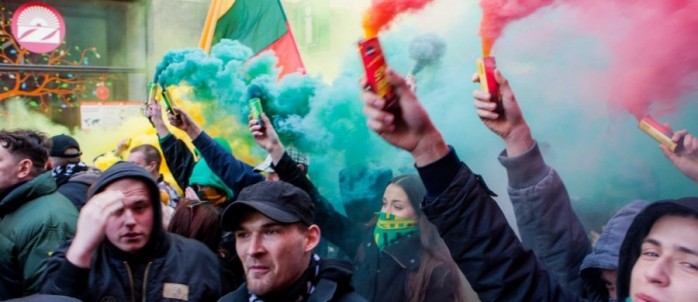by Orit Arfa/JNS.org
Andreas Boldt can’t help but effuse praise and love for Israel almost any chance he gets–even with his kids. In some of his Facebook posts, the 37-year-old has his blonde-haired children (ages 5-13) passionately singing “Adon Olam” and “Hatikvah.” Documenting a recent trip to Israel, he took particular pride in his meeting with IDF major general Doron Almog (retired), the first commando to land on the Entebbe runway in the famous 1976 hostage-rescue mission. With his bright blue eyes, carefully trimmed beard, and fit build, he sometimes models on facebook with the Israeli and German flags.
A casual observer might think he has some sort of irrational or religious obsession with Israel, but sitting down with Boldt over coffee at Kaffehaus Einstein in Berlin, ahead of his February trip–his sixth to the Jewish state–Boldt said his support for Israel is dictated entirely by reason and ethics.
“People ask me: Why do I support Israel this way? Why do I put in so much effort, time, and money into Israel? There is no people, no state on the planet that has so many enemies, that’s fighting so much in this life, like the Jewish people and the state of Israel,” he told JNS.org.
For Boldt, supporting Israel is the only rational, humanitarian choice for a thinking, freedom-loving person. Germany’s “historical responsibility” to address its Holocaust past has nothing to do with Boldt’s support, nor should it, he said.
“I refuse to think about historical responsibility as a German,” said Boldt. “I know the history, and I think that every human being is responsible to help their fellow human beings.”
Full story here.



















